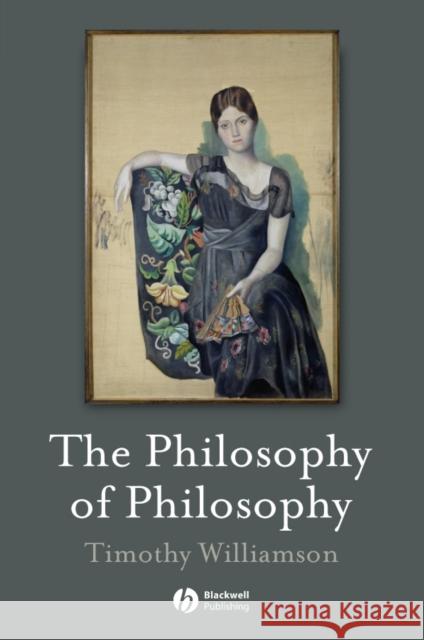Philosophy of Philosophy » książka
topmenu
Philosophy of Philosophy
ISBN-13: 9781405133975 / Angielski / Twarda / 2008 / 348 str.
The second volume in the Blackwell Brown Lectures in Philosophy, this volume offers an original and provocative take on the nature and methodology of philosophy.
- Based on public lectures at Brown University, given by the pre-eminent philosopher, Timothy Williamson
- Rejects the ideology of the 'linguistic turn', the most distinctive trend of 20th century philosophy
- Explains the method of philosophy as a development from non-philosophical ways of thinking
- Suggests new ways of understanding what contemporary and past philosophers are doing











